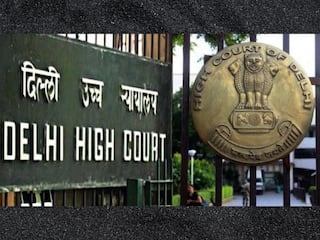AIADMK's Internal Reservation Not For Political Gains: PMK's Ramadoss To Madras HC
Ramadoss had filed a counter-affidavit in response to a batch of petitions and public interest litigations challenging the internal reservation introduced by the AIADMK government earlier this year.

Chennai: Vanniyars could not compete for education or jobs within the 20% reservation for Most Backward Class (MBCs), said S Ramadoss, founder of Pattali Makkal Katchi in Madras High Court.
According to a report in the News Minute, Ramadoss had filed a counter-affidavit in response to a batch of petitions and public interest litigations challenging the internal reservation introduced by the AIADMK government earlier this year.
Quoting Ramadoss, the report said that the petitioners could not prove any political motive, malice or mala fide in connection with the internal reservation for the Vanniyars because a related law was passed in April 2021, ahead of the assembly election and the fact that the ruling party had issued a government order to implement the provisions of the special act 8 of 2021 would defeat the contention.
Also Read| Tamil Nadu: Senior DMK Functionary Veerapandi Raja Dies Of Heart Attack
The report said that Ramadoss refused the allegations that the 10.5% internal reservation provided by the previous AIADMK government was for political gains even though it was passed minutes before the election commission had announced the dates for the Tamil Nadu state assembly elections and termed the allegations as a product of wild imagination and baseless assumptions.
Referring to Ramadoss’s counter affidavit, the report said that petitioners could challenge the law only on the basis of the competence of the state legislature or violation of fundamental rights and in this case, the petitioners could not succeed on either of the grounds.
Pointing out that Justice A Kulasekaran’s committee was formed only to examine whether the overall reservation of 69% required any modification, Ramadoss refused to accept the petitioner’s claim that the law had been enacted without waiting for the committee’s report.






































